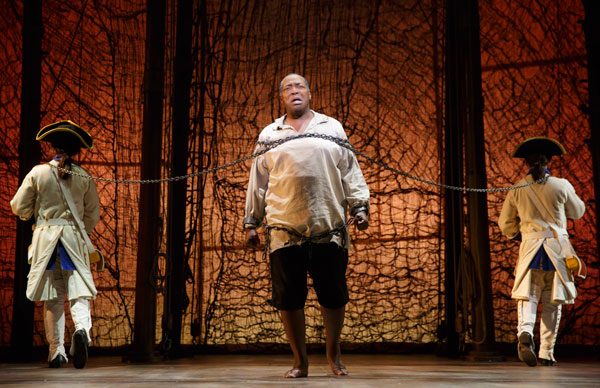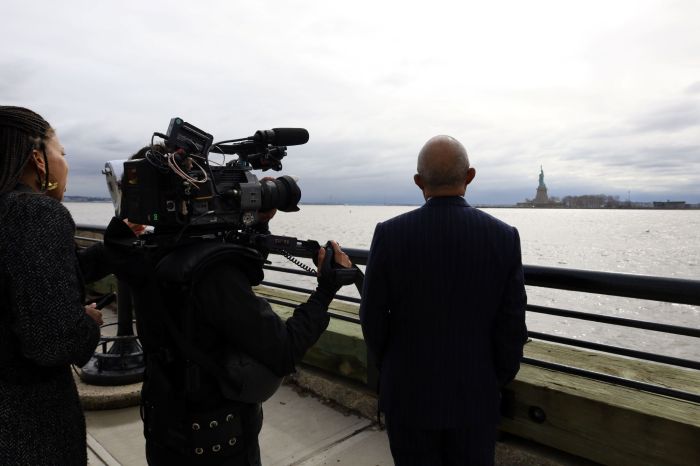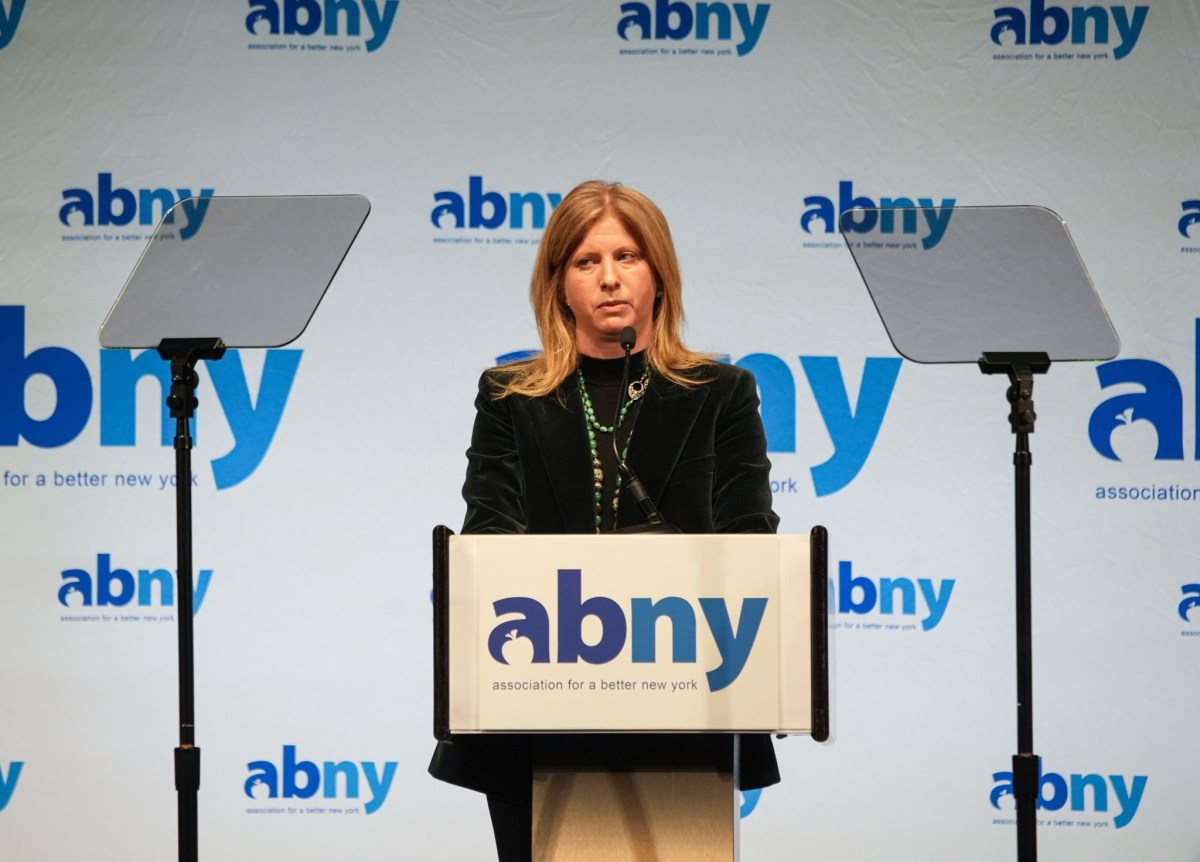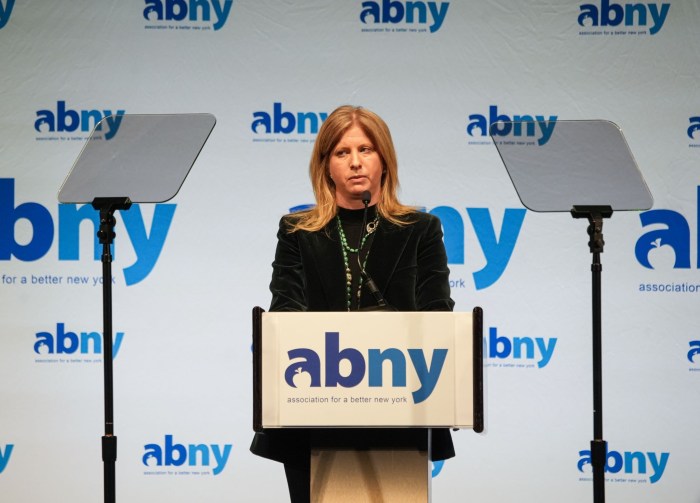“Amazing Grace, how sweet the sound,
That saved a wretch like me.
I once was lost but now am found,
Was blind, but now I see.”
The chorus to one of the saddest songs in any Christian hymnal — “Amazing Grace”— always seemed a puzzling lyric.
That in the same joyful breath of thanksgiving one would describe oneself as a “wretch” seemed troubling.
Written by John Newton 300 years ago, the sentiment manifested as a humbling confessional but still quizzically disturbing.
Now the topic of a musical based on the true story about its origins, “Amazing Grace” is playing at the Nederlander Theatre on Broadway.
The title, song and a production detailing the life of a wretched 18th-century slave trader from England, has finally arrived with historical unfolding to explain the genesis of the beloved classic and almost gospel composition.
At first impression, there is an aura throughout the theater that almost sets the stage for a riveting production. A huge replica of the Union Jack decorates the entire curtain to place audiences in the midst of the colonial Empire.
The first human to appear onstage is that of a slave named Pakuteh (Chuck Cooper).
Well-dressed, articulate and offering narration and foreward to the production, he provides an early spotlight into the faith-filled musical.
Patukeh is the servile and dutiful African that responds to the beck and call of everyone living at the home of Captain Newton (Tom Hewitt).
Newton is the aristocrat and well-respected slave trader whose son John (Josh Hewitt) is returning from a rebellious sojourn to find himself after years of rejecting his father’s dictates.
John will have nothing to do with religion.
He is against organized religion.
And while that storyline forms the mainstay of the production, their face-to-face conflict is the most revealing aspect of the engaging musical.
Add to the mix a three-way, love story involving John, Major Gray (Chris Hoch) and Mary Catlett (Erin Mackey) conflict resolution finds a place before intermission.
Mary is no ordinary lady, although lowly in stature in comparison to the lords and ladies of her time, she has lived with a kind and dedicated slave named Nanna (Laiona Michelle) and although she must emulate her peers, the influence on her overwhelms with a passion to work with freedom fighters.
Michelle’s performance is extraordinary.
As a housemaid and attendant to her mistress she scores in commanding the role akin to a female version of an Uncle Tom.
Nanna has her own reasons for warding away trouble from her mistress, she like many were captured into enslavement.
Tribal exploitation of Africans by Africans, power and control and even a subtle version of the Biblical tale of the Prodigal Son are visited before redemption comes.
The Newtons and those of their ilk are almost eye-sores in this era.
However, even back then there were individuals and groups committed to the idea of freedom.
For all their acts of sacrifice and rebellion they are depicted with grace and a hoped-for victory that on Broadway is always predictable.
How the abolitionists risked oppression in order to save the lives of humans captured in Africa is meticulously portrayed by talented thespians directed by Gabriel Barre.
Even more alluring are the intervals when slaves are depicted in uncomfortably disturbing yet historically-correct scenarios.
With music to soothe the pain and harsh depictions, this musical sobers the season’s theatrical line-up adding inspiration to the frothy preponderance of musicals without message along the Great White Way.
And at least, after seeing “Amazing Grace,” singing the hymn might not seem as wretched.

























